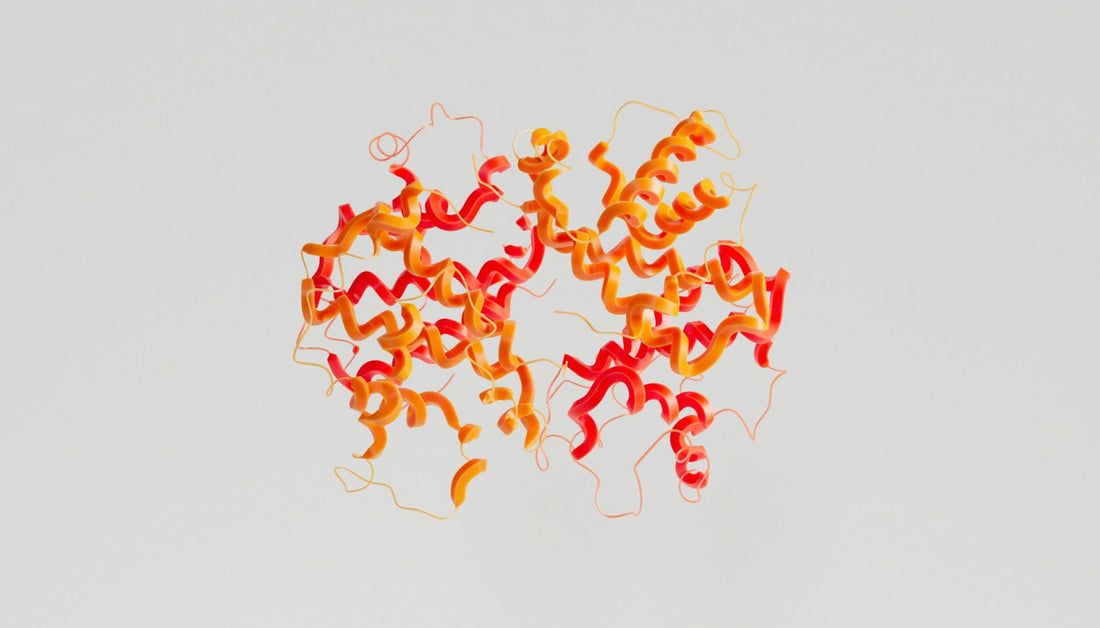
Hallmarks of aging: loss of proteostasis
Share
Our genetic blueprint, DNA, is a vital source of information for creating proteins. These complex biomolecules play a crucial role in nearly every biological process, from building our body structures to enabling movement. Understanding the relationship between DNA and protein synthesis is essential, as proteins are fundamental to life.
The cycle of protein recycling
Autophagy, or protein recycling, is a cellular process where damaged proteins and other cellular debris are broken down and repurposed. This mechanism is crucial for maintaining cellular health and function. However, as we age, autophagy becomes less efficient, leading to the accumulation of waste products. This decline is associated with various diseases, including Parkinson's, Alzheimer's, and Huntington's diseases, as well as arthritis and heart problems. Research indicates that practices such as fasting or time-restricted eating may improve autophagy, potentially slowing the aging process.
The issue with amyloids
Proteins need to fold into specific shapes to function. Sometimes, however, proteins misfold and aggregate into amyloids, which can disrupt normal biological activities. These amyloid plaques are implicated in over fifty human diseases, such as Alzheimer's disease, Parkinson's disease, and type 2 diabetes, highlighting the importance of proper protein folding and maintenance.
Damaged proteins and adducts
Everyday biochemical processes can damage proteins, impacting their function. Glycation and oxidation are two such processes where sugars and oxygen can alter proteins, forming adducts or causing structural damage. While many of these altered proteins are recycled via autophagy, some can accumulate over time, contributing to various age-related diseases and conditions.
Consequences of protein damage
The accumulation of damaged proteins can have significant implications for human health. For example, altered collagen and elastin proteins can lead to skin sagging, weaker bones, high blood pressure, and increased risk of heart failure, kidney disease, and dementia. Additionally, protein damage in the eye's lens can affect vision, emphasizing the broader impact of protein health on aging and disease.
The path forward
Understanding the complex interactions between DNA, proteins, and the processes that maintain or damage them offers insights into aging and associated diseases. Reducing sugar intake and managing diabetes are practical steps to mitigate some of these effects. Moreover, research into enhancing autophagy and preventing protein misfolding and aggregation holds promise for improving health outcomes as we age.
In summary, proteins, the most complex molecules in our bodies, are at the heart of both our biological functions and the challenges we face with aging and disease. By exploring and intervening in the processes that maintain protein health, we can open new avenues for promoting longevity and well-being.